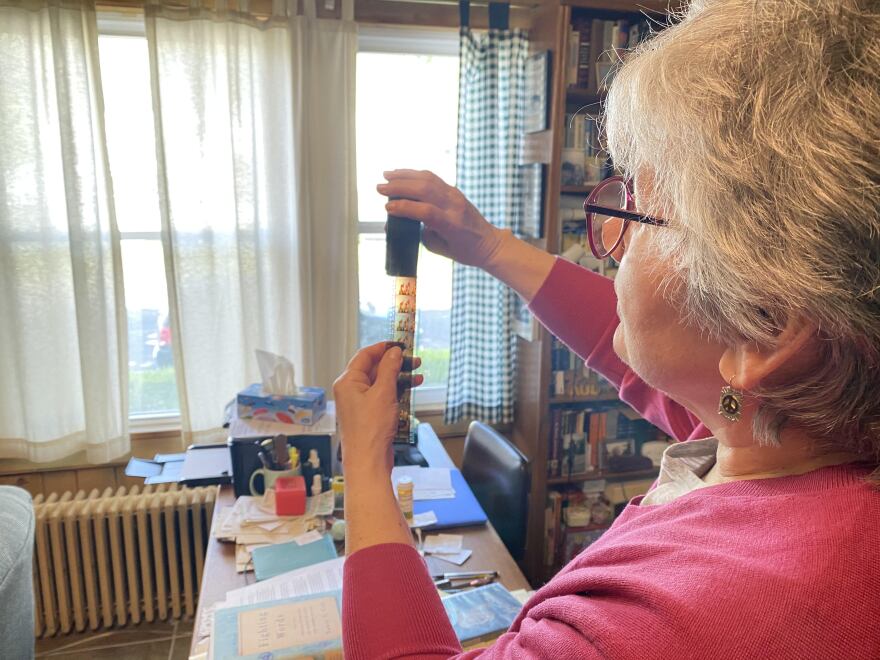In the early 1950s, the infamous House Un-American Activities Committee tried to bully filmmaker Joseph Losey into calling out himself and his colleagues as Communists. Rather than face that disgusting drill, Losey left the United States for Great Britain. There he made such powerful films as The Servant, Accident, Modesty Blaise, and The Damned.
In 1976, Losey made a film in Paris called Mr. Klein (Monsieur Klein), an absorbing drama which continues to fascinate audiences and is considered one of Losey’s most significant creations.
Set in the Nazi-occupied Paris of World War II, the plot centers upon an unscrupulous art dealer named Robert Klein. Early on, he is seen cheating a Jewish man out of the fair market value of a Dutch masterpiece that has been in his family for generations. In more than one sequence, Losey makes a potent point about being Jewish in Paris in 1942. Being Jewish then was an invitation to tragedy.
The character of Robert Klein is played by French leading man Alain Delon. Delon came to prominence in the 1960s as one of the most handsome, coolest, sexiest actors working in cinema. During the filming, Delon was forty. Shockingly, in the original NY Times review by Vincent Canby, Canby writes, “When Mr. Delon was younger, he didn’t have to do anything – his good looks spoke for him…. Mr. Delon is not aging especially well. Other actors with careers as long as his acquire, over the years, a lot of useful baggage in the form of associations to earlier performances. Mr. Delon has traveled a lot but his baggage is empty.”
I include this quote because I think Canby was wrong, absolutely wrong! Delon’s good looks are considerable in this film. His performance is controlled and disciplined, very apt and convincing. His restricted style of acting is necessary to the nature of the film.
Also worth noting is that Jeanne Moreau, a major star of French cinema, plays a small but significant role in the film. Her scenes with Delon are strong.
Mr. Klein offers a subtly suspenseful story that defies existential realism. Over and over it has been called Kafkaesque. One day Robert Klein receives a Jewish newspaper at his door. He is what is known as “pure French,” Roman Catholic. So he goes to the editor whose records show he has requested a subscription, and then he goes to the police. It appears there is a second Robert Klein in Paris, probably a Jew. Robert Klein the art dealer begins to investigate.
The approach Losey uses is unemotional, unembellished by Max Steiner-style music, Hitchcock moments, and without ornate camerawork. No character stands out as the good guy; no one is totally bad. They are damaged. Nazi occupation has made them fearful and even cold-blooded.
From the desperation of the characters, there evolves a sense of mystery, but no real melodrama. Obsession is a strong theme here. Questions about what is real dominate the scenario, which was cowritten by Oscar-nominated Franco Solinas who wrote The Battle of Algiers and Fernando Morandi, with input from Costa Gavras who originally was to head this project.
Last month the Criterion Collection released a Blu-ray edition, a new 4K digital restoration with an uncompressed monaural soundtrack. There are many interesting extras.
In Mr. Klein, a complex mixture of character development, a composed but suspenseful storyline, and skilled filmmaking technique combine to create a cinematic classic.





